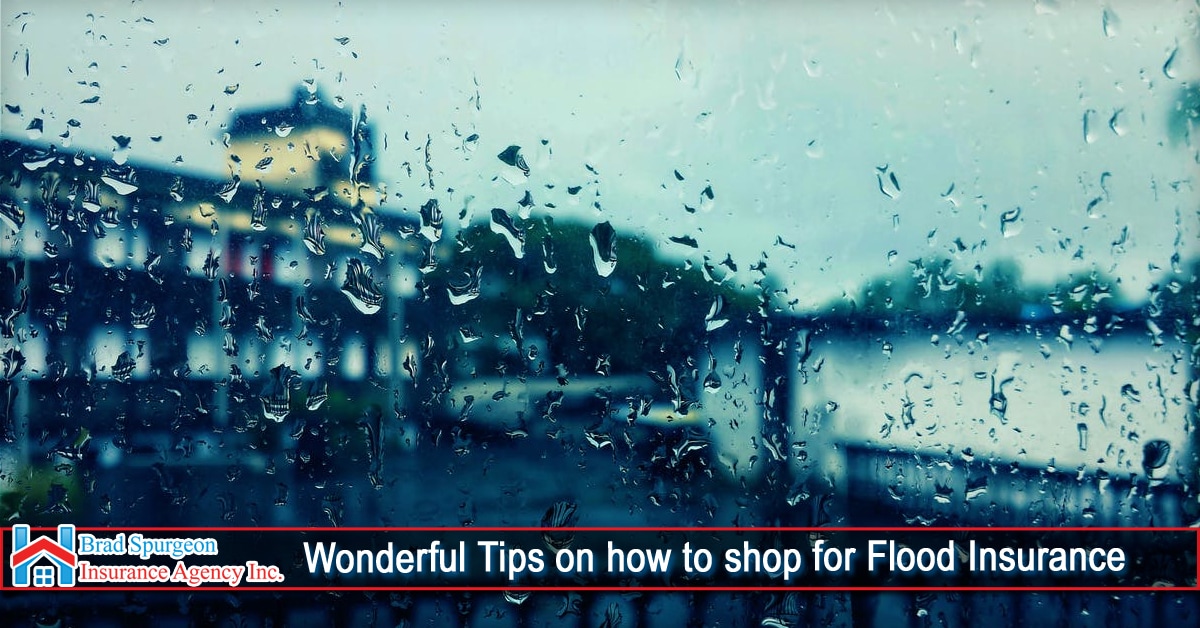1) Study and understand the basics of Flood Insurance
The federal government gives flood insurance to businesses, homeowners, and renters through the NFIP or National Flood Insurance Program. However, there are limits on how much protection it will give. In general, there are two different policies when you purchase flood insurance coverage: the contents coverage reimburses loss in possessions, and the primary coverage reimburses home damage.
Residential properties usually have a limit of $250,000 for essential coverage. However, renters and homeowners may still insure the contents for up to $100,000.
Flood insurance is optional for people who own their homes. Individuals who live in places that have a high risk of flooding or those who have an insured lender or federally regulated mortgage may be required by a lender to purchase a policy. Homeowners usually have to wait for thirty days before that policy takes effect.
2) Check if you need additional private coverage
Flood insurance coverage through NFIP is relatively cheap compared to to private insurers, so most homeowners purchase their coverage from the government. They keep the prices low because they do not adequately price the flood risk. Private insurers, on the other hand, sell flood insurance that is not broadly available so they can be more expensive compared to the NFIP coverage, but you’re likely to get better coverage.
Homeowners can purchase a different policy from private insurers alongside the NFIP policy so that damages above the coverage limits of NFIP will be under coverage.
3) Check if you are qualified to get a preferred rate
The cost of flood insurance may be influenced by several factors such as:
● Your chosen deductible amount
● The elevation level and location of your property
● The flooding risk in the area
● The items you wanted under coverage
● The value of your purchased insurance
As per NFIP, the average flood insurance policy may amount to $650 yearly. This price may be significantly affected by your property's location. For example, if your house is in a low to moderate risk area, you may qualify for a combination of contents and building contents policy at a better rate compared to people who live in high-risk areas that may have a higher price. Homeowners in high-risk areas should get a standard-rate policy.
4) Check what is and what isn’t covered
Whenever a flood happens, and you have coverage for your building, the foundation and structure of your house are under protection as well as the plumbing and electrical systems.
Other things that are covered typically include:
● Permanently installed cabinets, window blinds, bookcases, wallboard, paneling, and carpeting.
● Garages are typically insured up to 10% of the limit for building property coverage
● Refrigerators
● Water heaters, central air conditioners, and furnaces
● Content coverage cover items like valuables (artwork and furs), electronic equipment, furniture, and clothing.
Things that are not under coverage:
● Damages that came from mold, mildew, and moisture that the homeowner could prevent.
● Items that are found surrounding the insured structure. It includes swimming pools, trees, decks, and patios.
● Losses caused by drain or sewer backup (for this, you will have to purchase a drain and sewer backup that needs an endorsement to your homeowner's policy)
5) Coverage for the Basement
Consider the basement as a place that is most at risk for damage from the flood. Homeowners who use their basements as apartments that have living rooms and kitchens may find it difficult to get flood insurance protection for this place.
The basement coverage can be very limited and include the protection of the circuit breakers, water heater or furnace. It also includes some items like the freezers and washers. Basements are not qualified for flood coverage including the personal belongings, walls, floors and ceilings there.
If you have queries regarding the flood damage insurance policy, let us know how we can help you. Go to our office today or call us at 409-945-4746. Brad Spurgeon Insurance Agency will provide you with the best rates and customer service. Click here to get a free quote from us.

